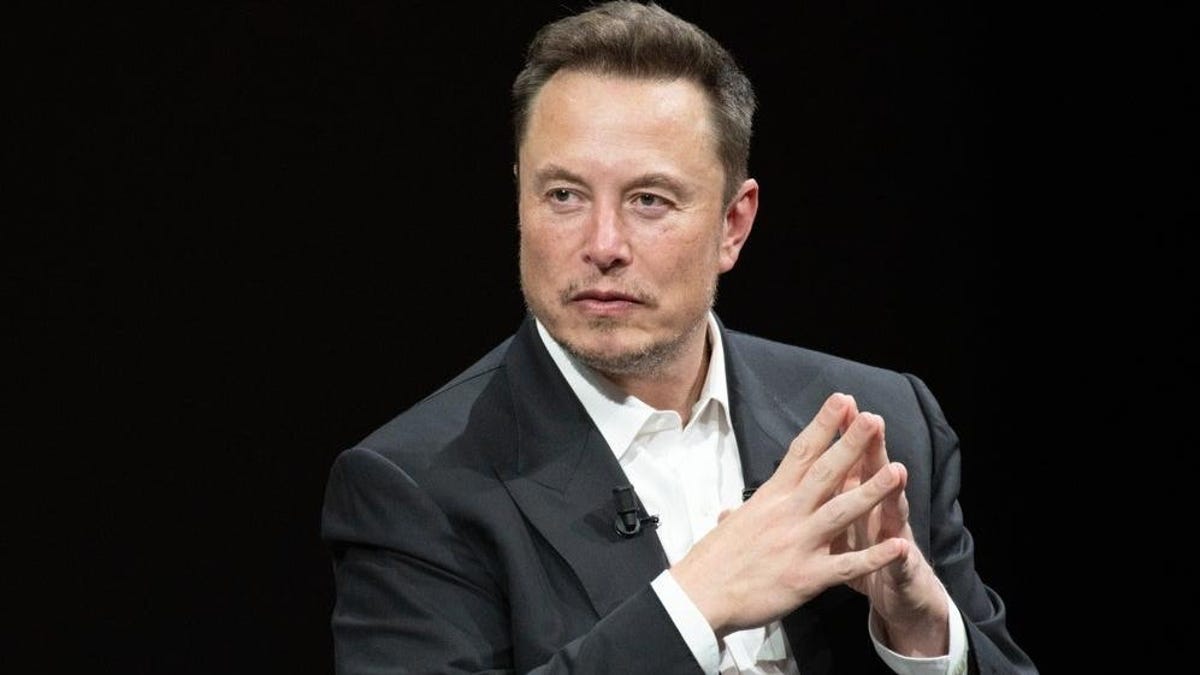
“Free Speech Absolutist” Elon Musk appears to have hit a new low by standing in the way of website traffic flowing from X, formerly known as Twitter, to websites he doesn’t like. The social media app targeted news sites including The New York Times and Reuters as well as competing social media platforms such as Facebook, Threads, and Bluesky by slowing down the load times for links posted on Twitter.
All affected sites take longer to load than other sites such as The Washington Post and USA Today, meaning the slowdown is affecting the targeted sites’ bottom line. A page’s load speed affects an article or site’s search engine rankings, with quickly loading sites appearing higher on Google which prioritizes sites that load in no more than 2.5 seconds.
Advertisement
The delay was first reported by a user early on Tuesday on the discussion forum Hacker News. The anonymous user pointed out that Twitter users will see at least a five-second delay on the aforementioned sites before they are redirected to the correct address by t.co. – a link-shortening service used by Twitter to process links posted on its site.
Twitter did not immediately respond to Gizmodo’s request for comment.
According to Littledata, a site that tracks Google Analytics, in September 2022 only sites that load in less than 2.9 seconds ranked in the top 20% of search results, but with The Times and Reuters taking five and ten seconds to load, it is possible that the throttling is having a broad effect on these companies.
Advertisement
Advertisement
People are becoming increasingly impatient with slow-loading sites which can affect their opinion of a business or website. “Not only are users expecting to see results quickly, and become disappointed when they don’t, but page speed also immediately affects their professional opinion of you,” Diona Kidd, managing partner at Knowmad Digital Marketing, told Business.com.
Now it seems that Musk’s “professional opinion” of the sites is affecting which ones are impacted. He has previously attacked The Times in a Twitter post for reporting on his business shortcomings, calling its reporting “propaganda” and saying its “feed is the Twitter equivalent of diarrhea.”
Bluesky owner and former Twitter chief, Jack Dorsey, has likewise criticized Musk for his disastrous leadership following his acquisition of the company in October. Musk also targeted Substack after it introduced a new feature in April, creating what would be considered a Twitter competitor. At the time, Musk tweaked a code on Twitter that prevented users from engaging with Substack or Substack-related content.
Substack’s cofounders Chris Best, Hamish McKenzie, and Jairaj Sethi told The Post that they had strongly requested Twitter reverse its decision to create a delay in loading Substack links.
Advertisement
“Substack was created in direct response to this kind of behavior by social media companies,” they told the outlet. “Writers cannot build sustainable businesses if their connection to their audience depends on unreliable platforms that have proven they are willing to make changes that are hostile to the people who use them.”
While it’s common knowledge in media that Twitter doesn’t drive a ton of traffic to media outlets, at the very least, Musk is wasting his own users’ time.
Services Marketplace – Listings, Bookings & Reviews